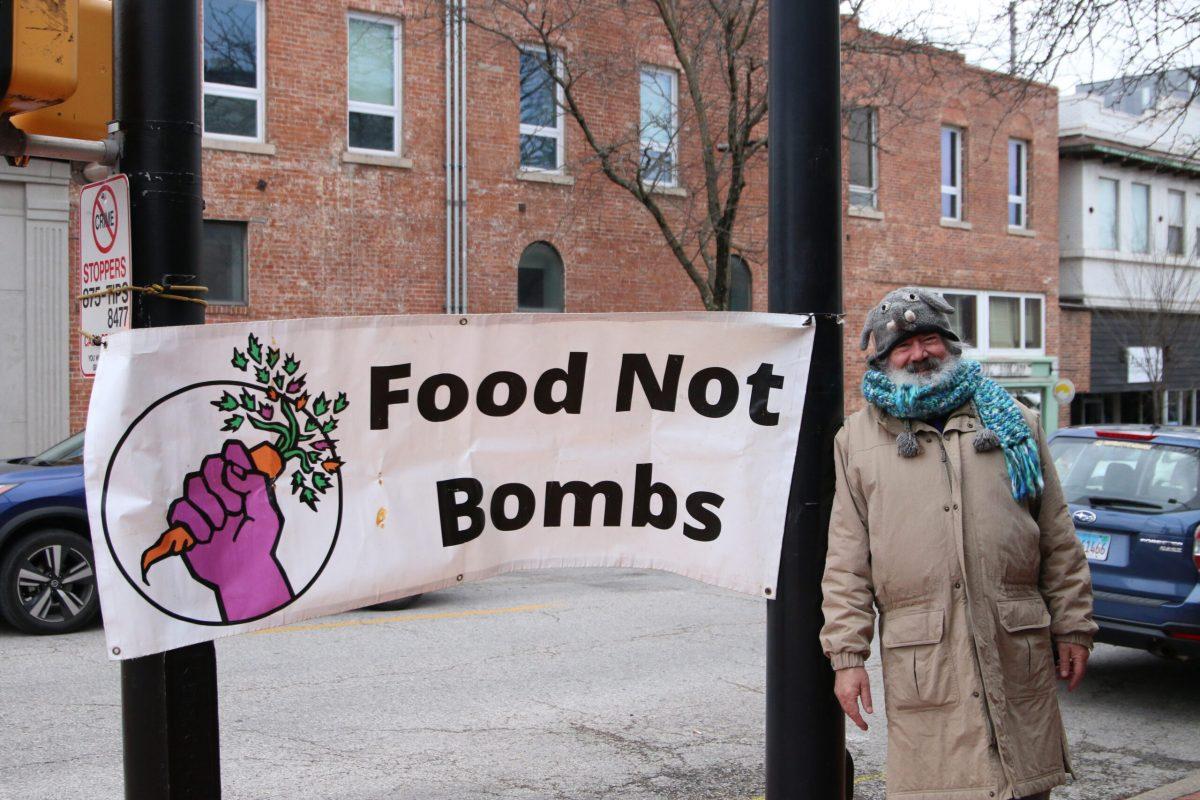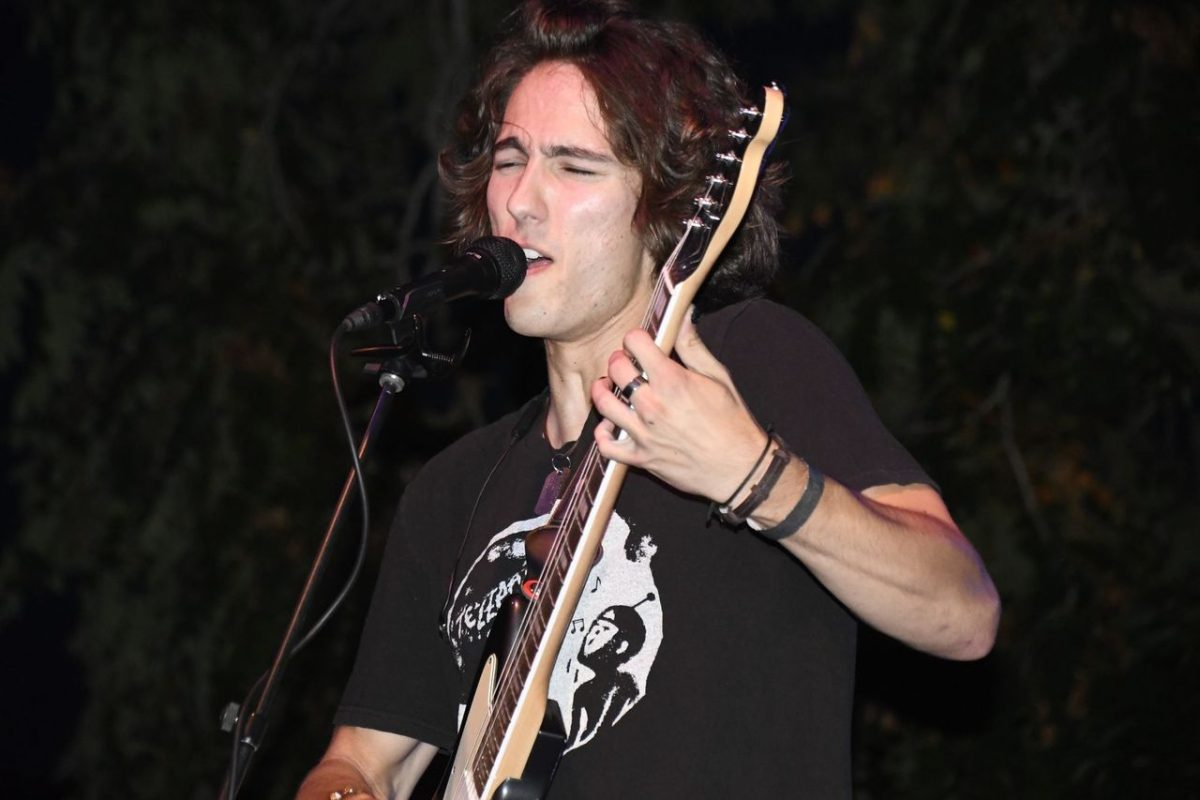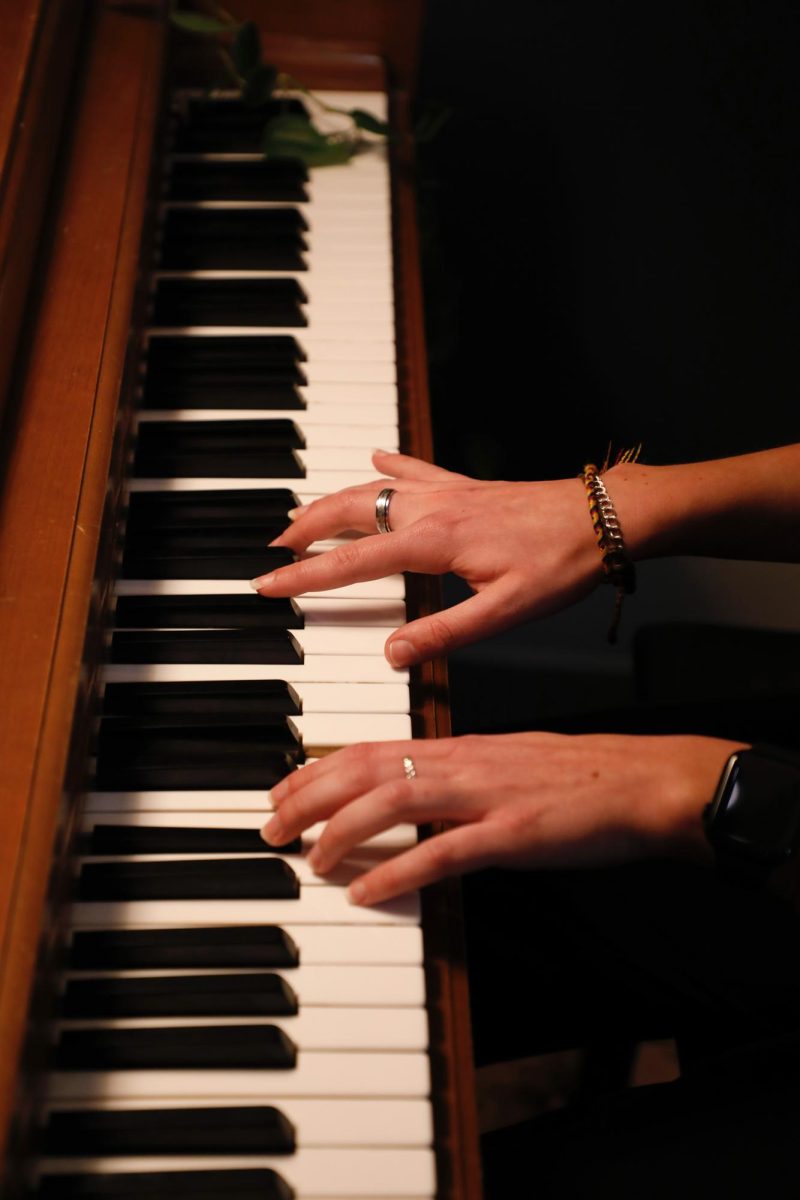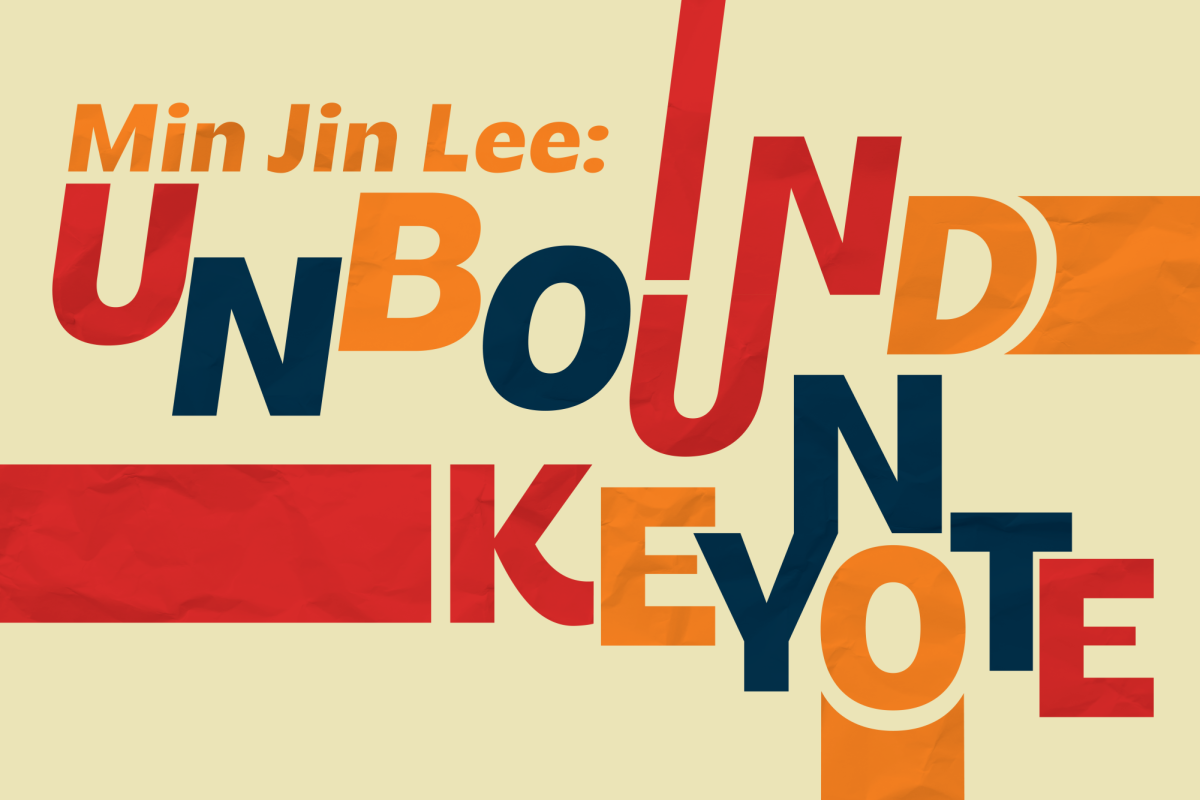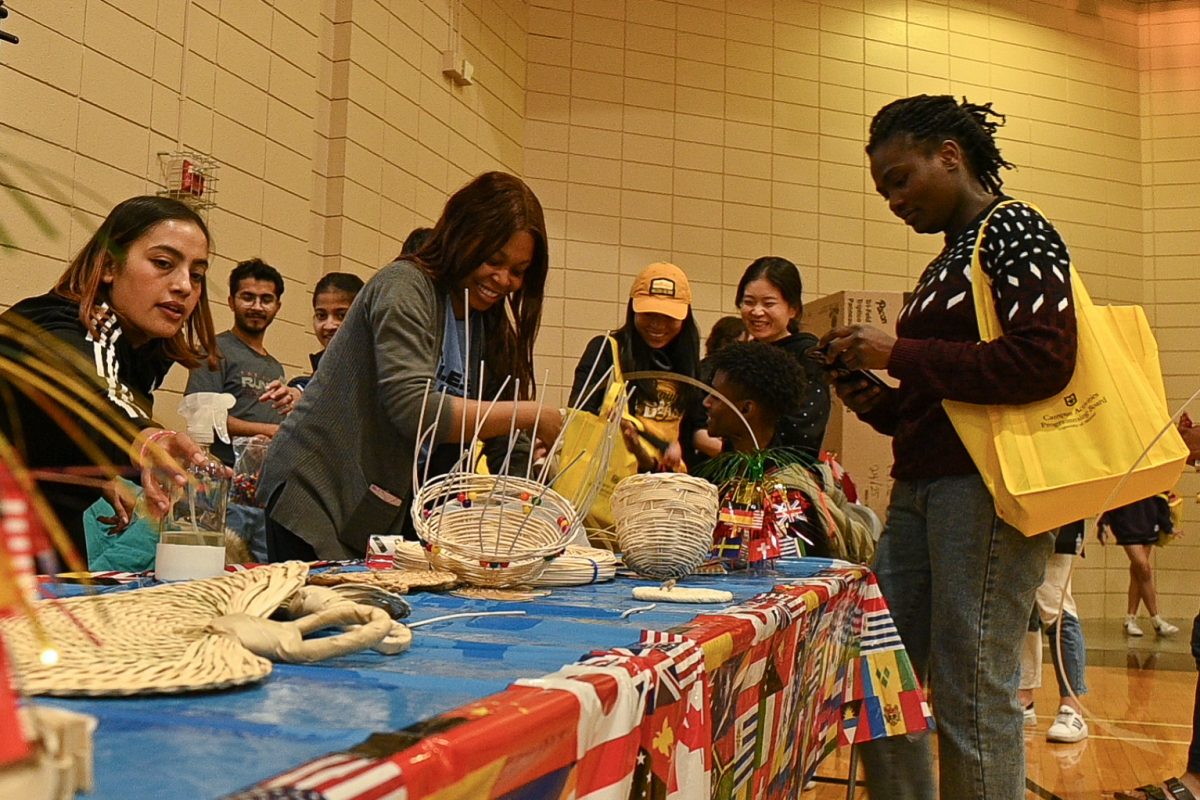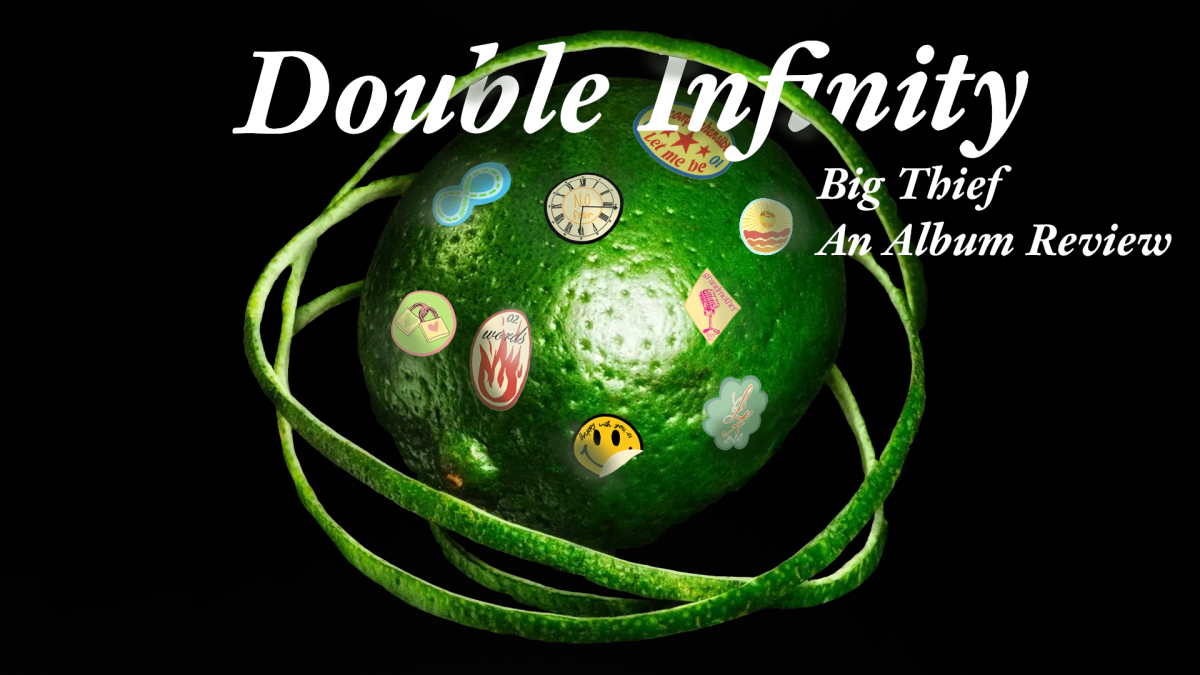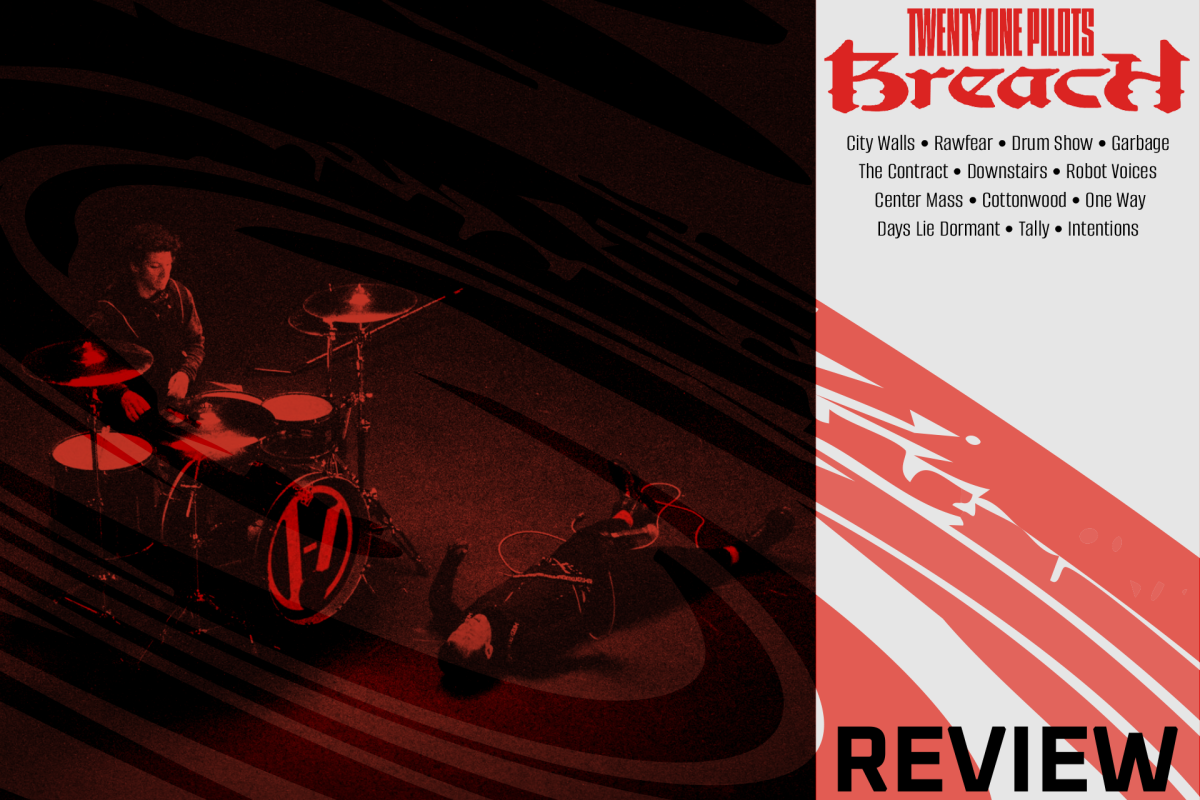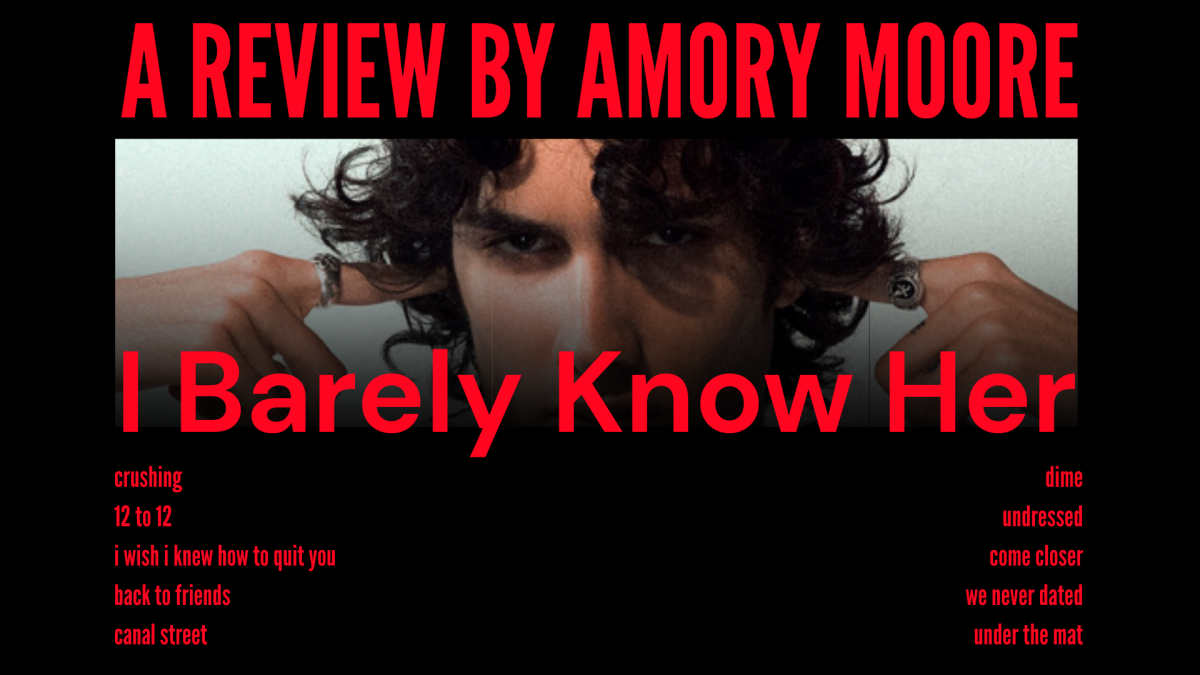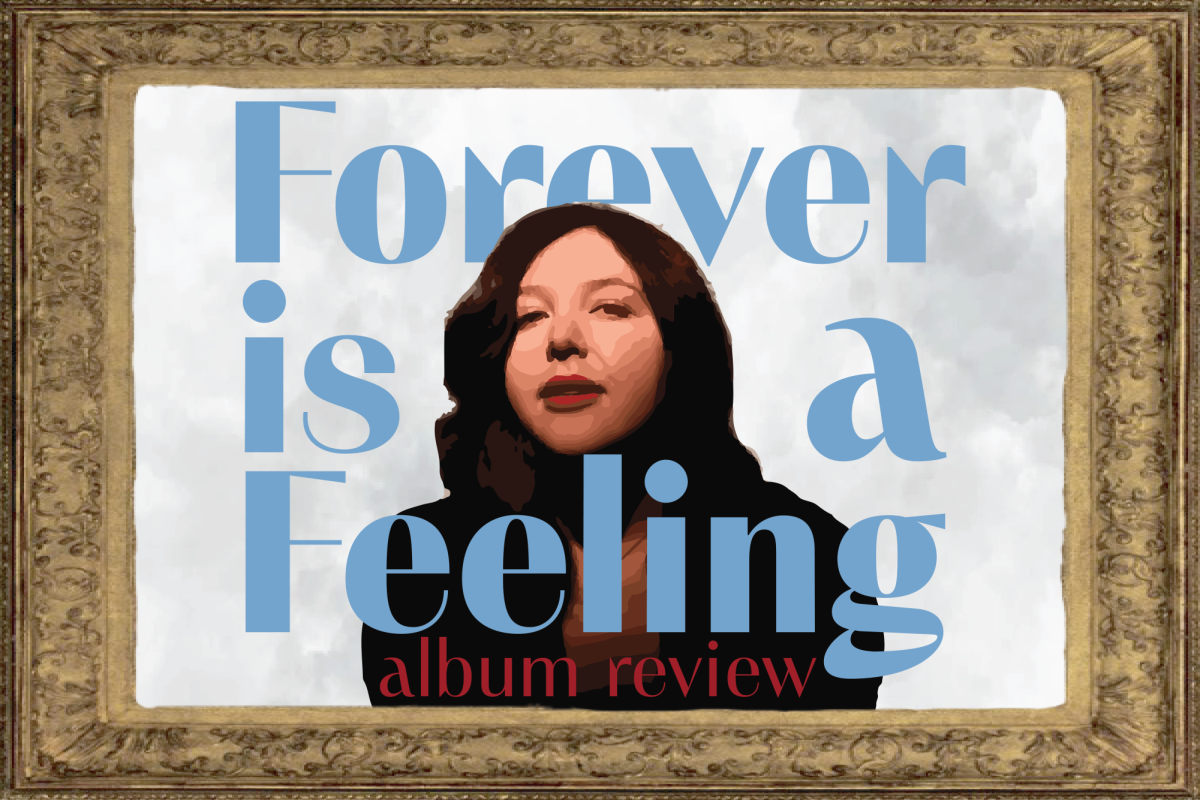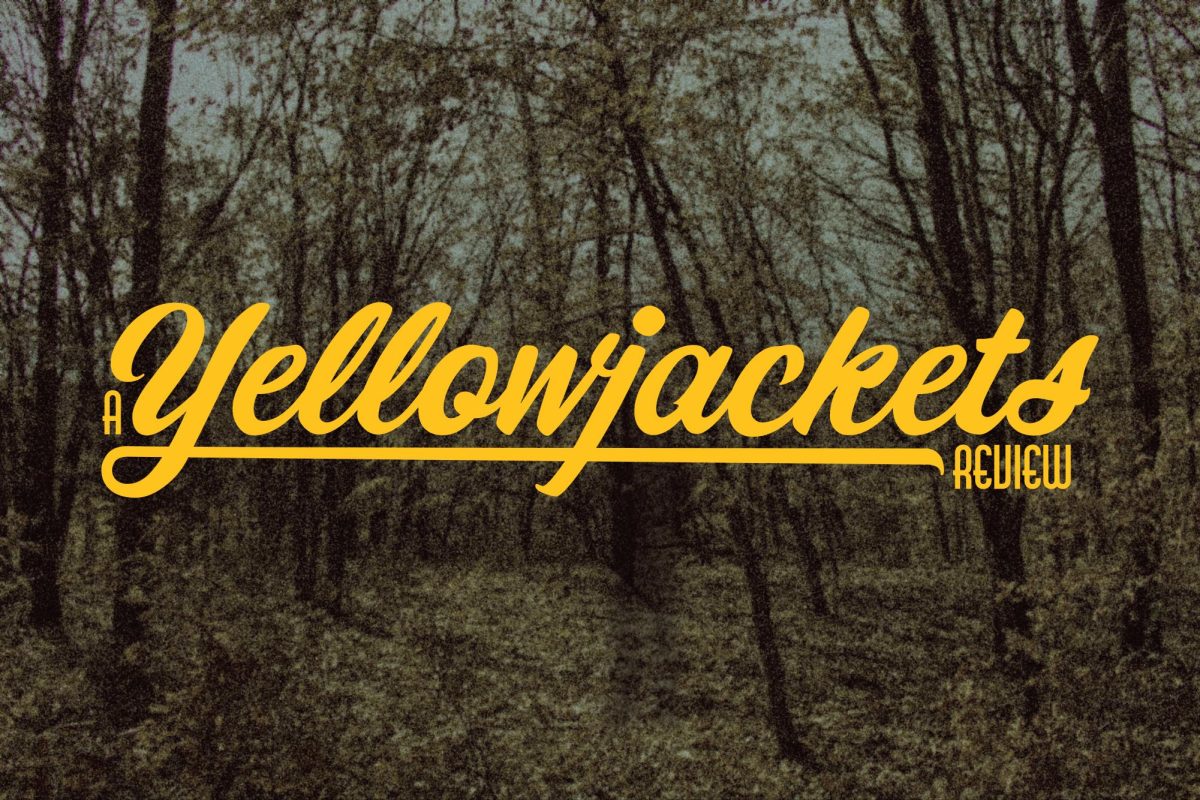Resident Robert Morrison makes a difference in the community by offering free food and friendship to Columbia’s impoverished over the past seven years.
Robert Morrison looked up from what he was doing one afternoon as his wife, Pam Harbour, entered the living room of their house.
“Honey, there is a brown recluse spider in the wastebasket in the bathroom,” Pam declared. “Do you think it is getting enough to eat?”
Startled at the question, Robert couldn’t help but laugh as his heart swelled with love for his wife, love for her kindness and selflessness — love that still lives on within him and continues to fuel his work for the Columbia community, even after Pam’s death.
“After [Pam] passed, I found out so much about how she affected people’s lives as person after person came to me with stories of how she encouraged them, told them she believed in them, empowered them. And because of it, their lives changed – as did mine,” Morrison explained, recalling his favorite memory of his wife. “How could I not feed people with someone like that around?”
Morrison, 64, has been the main volunteer for Columbia’s Food Not Bombs chapter after the previous chapter fell apart in 2016. He has been featured in several articles and discussed as a resource for people in need of food over various forms of social media throughout the years. Although the Columbia chapter reaches back before the turn of the century, Food Not Bombs itself began in the early 1980s.
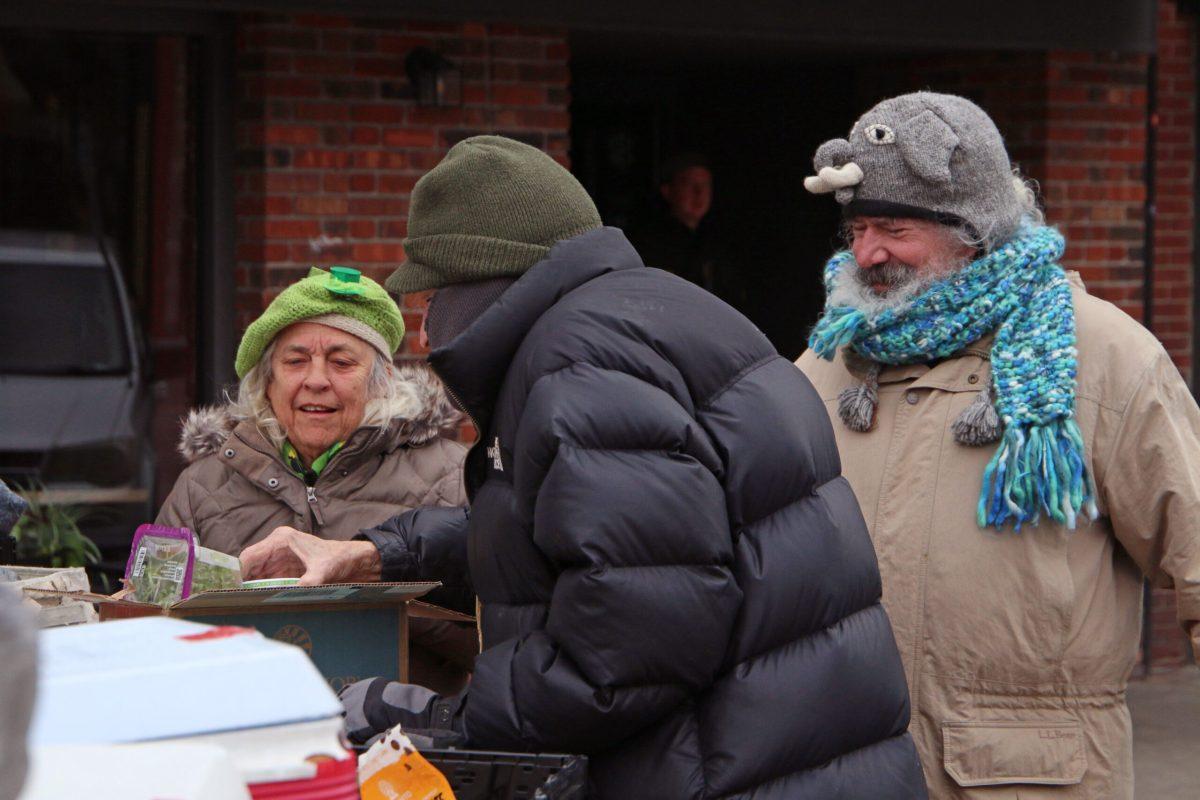
Food Not Bombs is a global movement that directly protests the effects of war and poverty through means of distributing food to people in need. The movement was created by a group of anti-nuclear activists who were protesting the Seabrook Nuclear Power Station near Cambridge, Massachusetts. There are roughly 1,000 chapters globally, with at least one located on every habitable continent around the world.
The three principles of Food Not Bombs are: First, the food is always vegan/vegetarian and free to everyone without restriction. Secondly, Food Not Bombs has no leaders or headquarters, and every chapter is autonomous. Lastly, Food Not Bombs says it is dedicated to nonviolent, direct action and works for nonviolent social change.
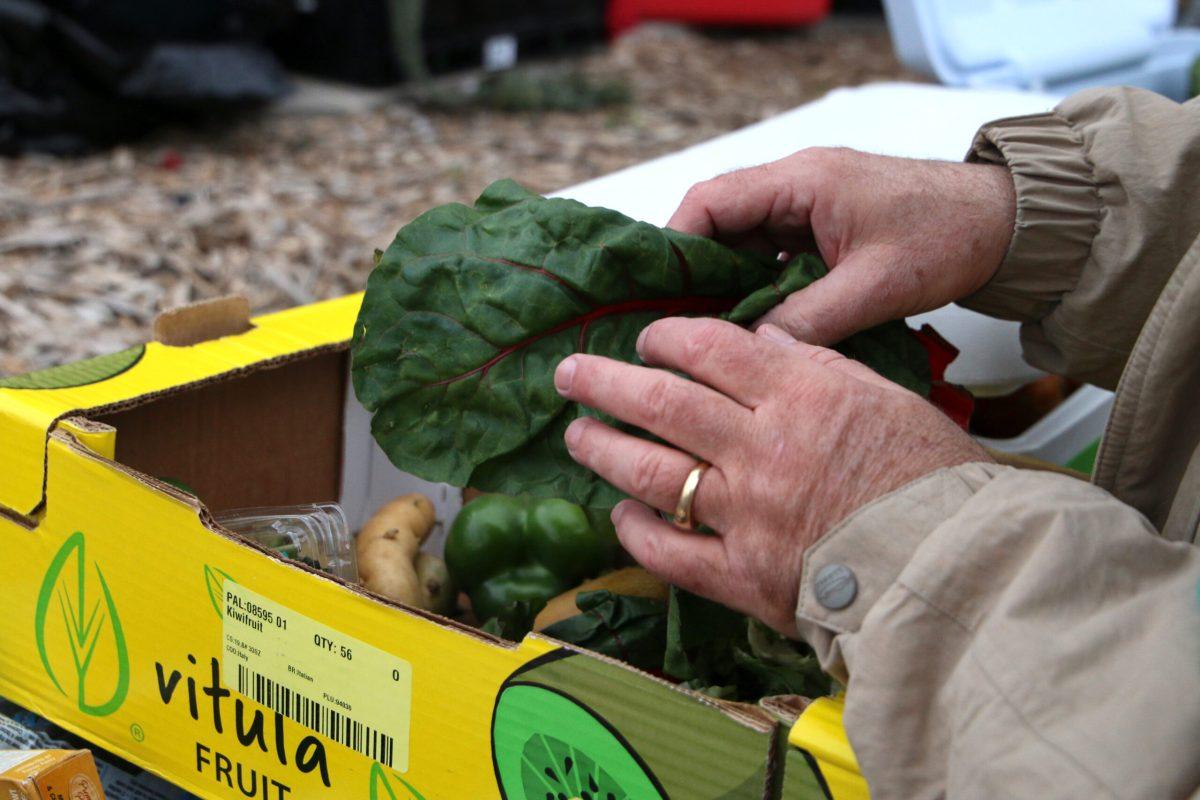
On an average day, Morrison leaves his house at 11:30 a.m., makes several trips around town to pick up food and returns home to pack his donations into boxes for distribution. The locations he regularly picks up from are the Columbia Farmers Market, Clovers, the Root Cellar and The Food Bank. He then leaves his house at 3:40 p.m. and spends the next hours distributing food among various places in Columbia:True North, Rainbow House, Phoenix Programs, City of Refuge, the Boys and Girls Club and the Salvation Army.
“You know how you end up leading things? You show up,” Morrison explained. “I was the guy who showed up and I was the guy who did things. Every time.”
Characterized by his floppy elephant hat, graying beard and full smile , Morrison has committed to helping those in need within Columbia every day for the past seven years. You can see him on Saturdays, parked at the corner of Broadway and Ninth offering free food and friendly conversation to anyone who approaches, no matter the time of year.
“[Food Not Bombs] is community. It is solidarity, not charity,” Morrison said. “There are no real leadership qualities here, I just show up. I’ve been the benefit of some very, very good role models in my life – my wife, Pam, was one of them.”
Donna Walter comes to the corner every Saturday.
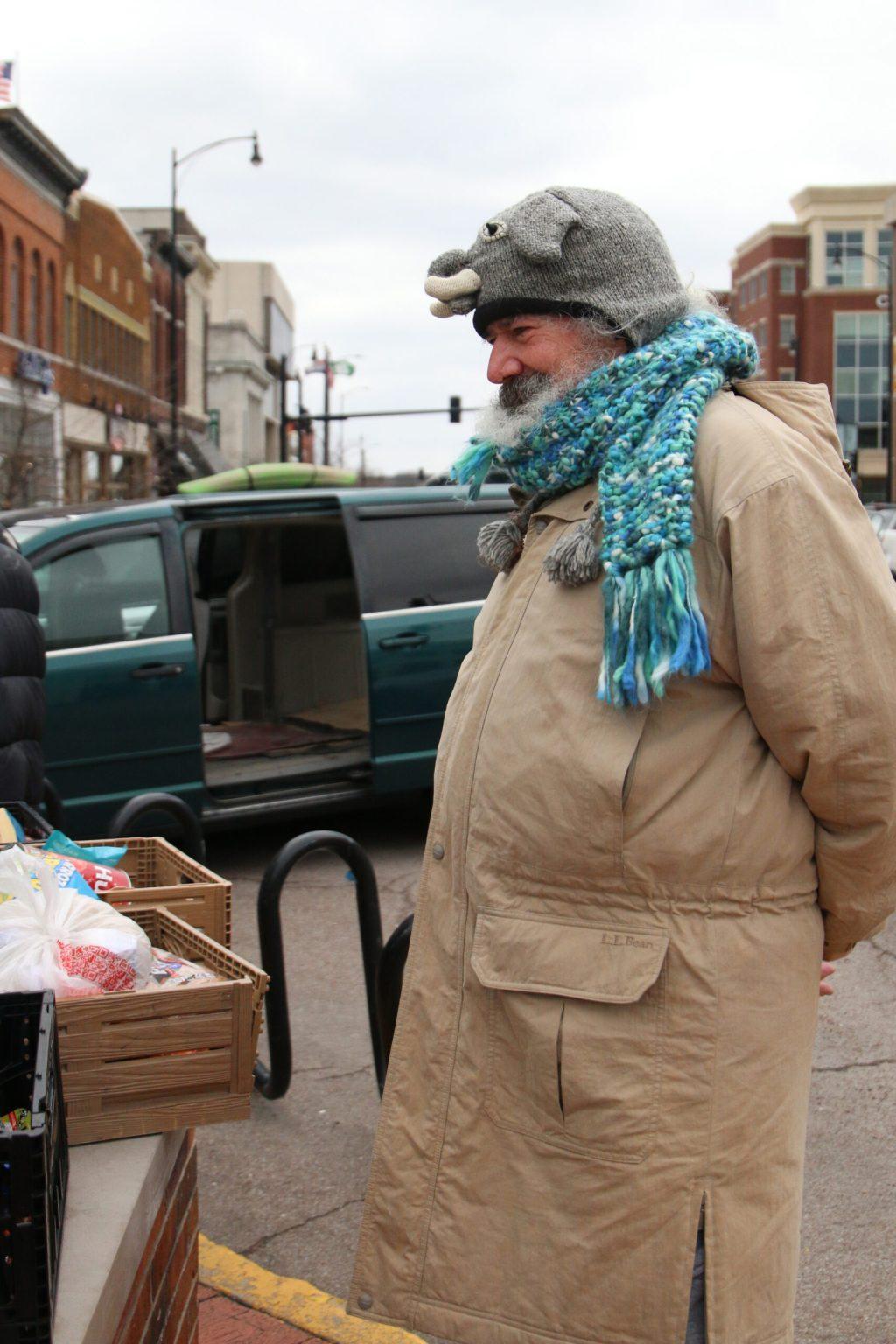
“I am very rich but I have no money,” Walter said. “You don’t need money to be rich, you can come here to be rich. There is plenty of food in America and it goes to waste. We over-produce food.”
Walter is not alone in this view. Similar sentiments regarding food waste were echoed by fellow volunteer for Food Not Bombs and employee of the Peace Nook, Mark Haim.
“When they started doing distribution [on Broadway], with produce that had been saved from going to the dumpster, that appealed to me because … I hate to see food wasted,” Haim said. “I just see so much waste in our society in general, and this is a small effort, but lots of small efforts add up.”
According to the U.S. Department of Agriculture, nearly 30-40% of the food produced in America is wasted each year. This equates to roughly 133 billion pounds of discarded produce that could be used toward alleviating food insecurity within the U.S. for its citizens. Reducing food waste within America can not only save and make money, but it can also combat climate change. In 2017, the USDA recorded that food waste contributed to climate change by 14.1% in emissions of human-related methane, a powerful greenhouse gas.
While efforts have been implemented in Columbia to relieve this pollution, the city itself still does not have a secure method of recycling food waste. The Columbia Food Not Bombs chapter only has a handful of current volunteers – most of whom are in their mid-70s.
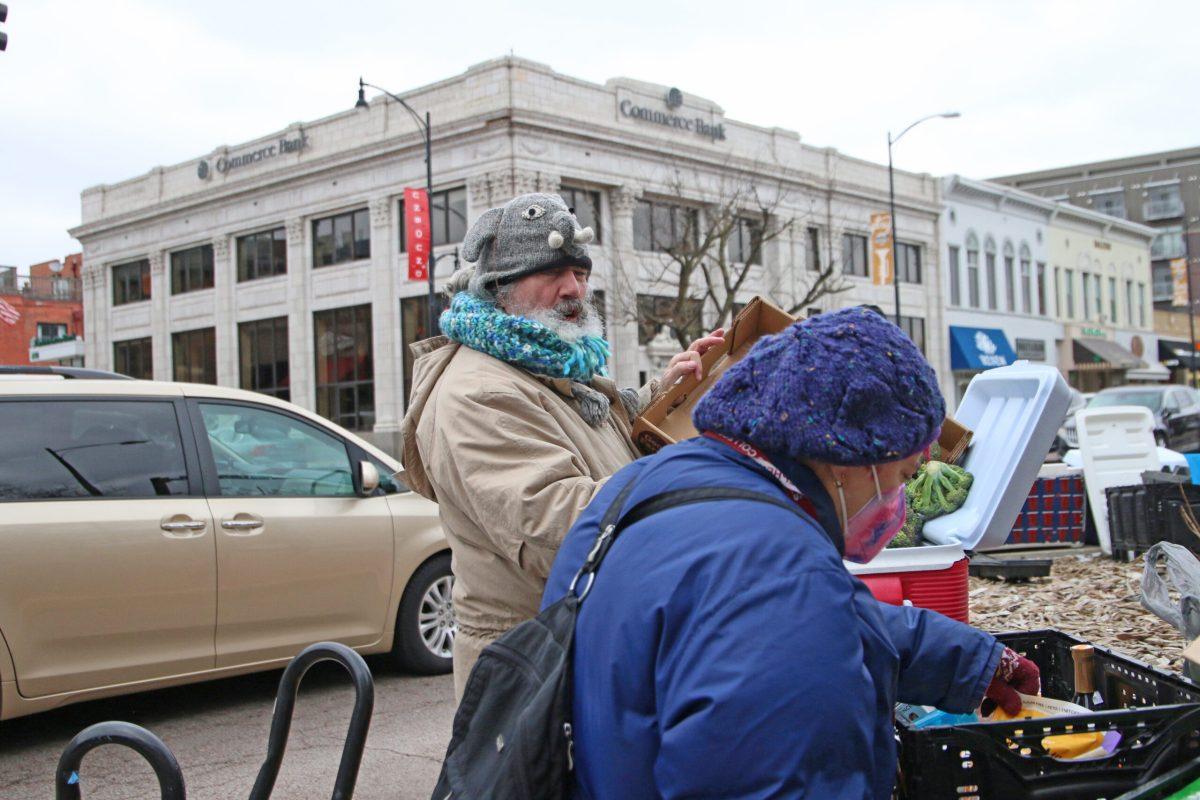
Seriah McQueen has been an employee of the Root Cellar since 2021 and has met with Morrison every Saturday without fail since she began working. The Root Cellar donates its extra boxes at the end of each food cycle for Morrison to take to the corner, food that would otherwise find a home in the dumpster.
“There will be certain things in a box that I point out to [Morrison] that I’m like ‘Hey, this is something that’s really cool that we got in’ and he’ll be like ‘Oh, I know this specific person will really like that,’” McQueen said. “And it’s nice to know that [Morrison] is not only a fixture of a community in that regard, but that he knows the people and what they want and need.”
Morrison’s work as a volunteer extends past distributing food and transforms into making a positive impact for people in need, whether that be by keeping a resource alive throughout the years or opening his home to those who would otherwise not have one.
“I know that without [Pam’s] example, I would not have done the things I have,” Morrison said. “She taught me perseverance against adversity and challenges … People were simply better for having her in their lives.”
Edited by Egan Ward | [email protected]
Copy edited by Kyla Pehr and Mary Philip
Resource List
FoodNotBombs Contact Information:
- Robert’s Facebook: Youknowmeas Robert
- FoodNotBombs Facebook Group: Food Not Bombs – Columbia MO
BlueBird Composting:
- Phone Number: (573) 550 – 7323
- Email: [email protected]
- Website: BlueBird Composting
Columbia Food Pantry:
- Phone Number: (573) 874 – 7848
- Address: 1007 Big Bear Blvd., Columbia, MO 65202
Como Mobile Aid:
- Facebook: CoMo Mobile Aid Collective
- Email: [email protected]
- Website: Home – CoMo Mobile Aid Collective


